The Prince Andrew debacle shows that Crown will always come before family
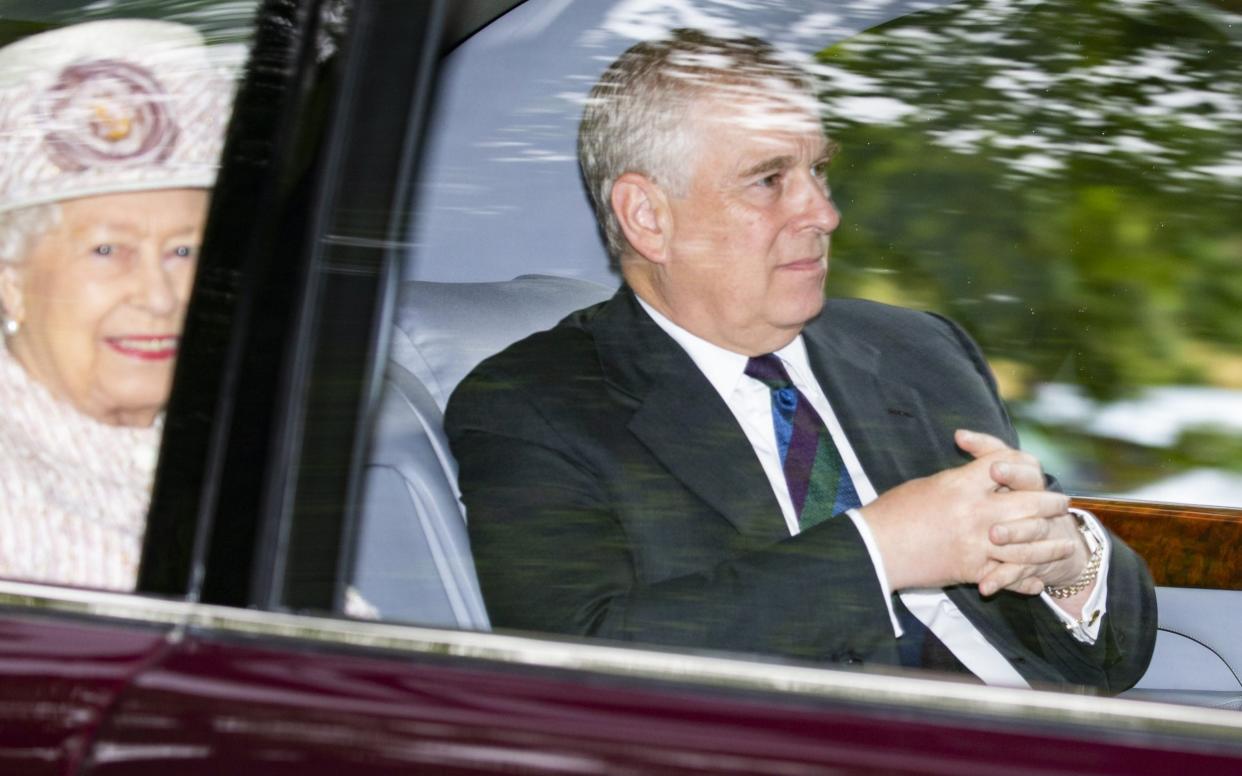
As the credits rolled on the Duke of York’s catastrophic BBC interview about his friendship with convicted paedophile Jeffrey Epstein, it was clear to experienced courtiers, and especially to that distinguished club of ex-courtiers now in the real world, that the Duke had dug his own grave. In fact, this was something of an understatement. The Queen does nothing to court controversy and does not welcome having it thrust upon her, so seriously does she take the unifying role of the monarchy. As charities and sponsors began to desert him, something unprecedented had to happen. The Duke would have to go.
Senior members of the Royal family having dodgy friends is nothing new. George IV and Edward VII made a habit of it, but this was in an age before broadcasting and social media, and when the press was deferential. Edward VIII seduced a string of other men’s wives, culminating in Mrs Simpson, before a speech by an obscure bishop about his regrettable morals forced the press to start reporting their relationship; he abdicated just over a week later, but willingly jumped rather than be pushed.
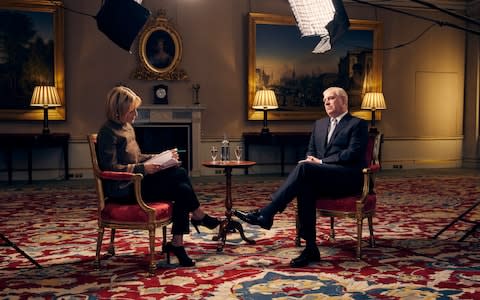
Until now scandal has never forced the sacking of a member of the Royal family from public duties. Great old age has caused several to retire, such as the Duke of Edinburgh, now in his 99th year, or the late Princess Alice, Duchess of Gloucester – though the simple fact of being over 100 did little to dampen the enthusiasm for Royal duties of the late Queen Elizabeth. Diana, Princess of Wales shed some responsibilities and patronages after her marriage ended. As she had acquired the style of ‘Royal Highness’ through that marriage, she also lost that with her divorce.
But for a Prince of the Blood to be sacked – as the Duke effectively was on Wednesday – changes things. It is now clear that the monarchy’s adaptation to the modern world, means that participating membership is not necessarily for life, and can be terminated in order to protect public affection for the Throne. And the Palace will be ruthless to keep threats at bay.
The monarchy continues by consent, not by divine right: that was settled in 1649, when Charles I was beheaded. The Queen understands it, and so does the Prince of Wales. A telephone call between the heir and his mother during the Prince’s tour of New Zealand last week settled the Duke of York’s fate. Although 12,000 miles away, Charles was alert to how the scandal was affecting the election campaign. Alarm bells rang when the question of whether the House of Windsor was still fit for purpose during Tuesday night’s ITV debate. But this was not the only reason the Queen was urged to cauterise the wound by removing the Duke from his public role.
Her Majesty remains the ultimate source of authority in the Royal family; but the Prince of Wales carries enormous clout because of the presumed proximity of his succession, and the care with which that event must be planned. Friends of the Prince of Wales know that, for both personal reasons and reasons of State, the moment when he succeeds to the Throne will be the greatest test of his life. It will be a moment of great vulnerability for the monarchy. The Palace is already doing all it can to ensure that, when the moment comes, the transition is handled with dignity and composure, and that the whole nation pulls together behind the new King.
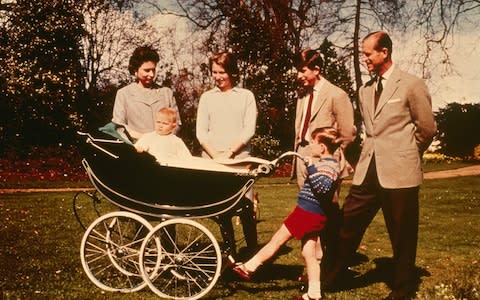
He knew the damage his brother’s misjudgments were doing to the Crown: and that the only way to stop it was to remove him from Royal duties. The Queen agreed: she more than anyone knows the institution is everything, and when the moment comes for Charles to succeed he will need as sure a footing as possible. The Royal family has enjoyed a steady rise in popularity in recent years not least because of the failings of the political class. The Queen and the next King now clearly see that if a senior member starts to behave like a politician – unsavoury friends, freebies and a public who doubts their credulity - then it threatens the stability of the institution.
Courtiers who have watched the family from the closest of positions, say that the Prince of Wales likes his brother and respects him, but that the two have little in common. The Prince is said to have viewed the Duke’s antics with Epstein with incomprehension. Since the institution of the Crown must be above reproach if it is to survive, the Duke never stood a chance once the torrent of public opinion proved that consent, for him at least, was rapidly being withdrawn.
It is, in retrospect, astonishing that the Duke had lasted this long; some thought he had run out of rope eight years ago, when the Telegraph reported he had secured £15,000 of Epstein’s money to help begin the restructuring of Sarah, Duchess of York’s £5m debts. One or two ex-courtiers to whom I spoke last week felt the Duke had been an accident waiting to happen since 2001, when he left full-time naval service. For all his dedication to service he was someone who lacked the qualities needed to rise above the rank of Commander – the equivalent of a Lieutenant-Colonel in the Army, and one rank below Captain. One adjective frequently used by those who have worked with him is ‘thick’. Others that proliferate are ‘arrogant’ and ‘entitled’, and one ex-courtier claimed he entirely lacks his mother’s understanding of and consideration for subordinates.
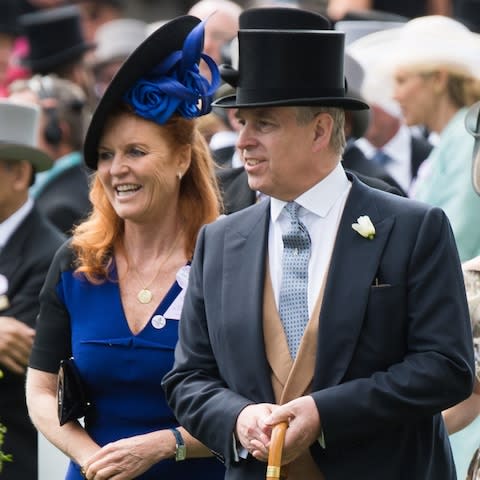
The break-up of his marriage in the 1990s brought more restlessness and unhappiness, this, coupled with poor judgment about people, has caused him to make costly mistakes. Two stories about the Duke display unfortunate sides to his character, his lack of self-awareness and his reluctance to take responsibility for himself. During the fire at Windsor in the annus horribilis of 1992 he was with other members of his family watching the blaze; but was listening to the fire brigade’s messages on an FM radio, and becoming increasingly agitated. Eventually he announced that ‘they are making a complete mess of this’ and that ‘I am going out there to take control’. He certainly went out there.
Then, a year or so later, the Royal family held a memorial concert for Ruth, Lady Fermoy, maternal grandmother of Diana, Princess of Wales, and best friend of Queen Elizabeth, the Queen Mother. The Duke arrived in a lounge suit, and everyone else was in black tie. He saw three senior courtiers from the Prince of Wales’s household and stormed up to them, asking who they were; and then told them they were in ‘big trouble’ for not having alerted him to the dress code. ‘One of his problems,’ an ex-courtier said to me, ‘is that it is always somebody else’s fault.’
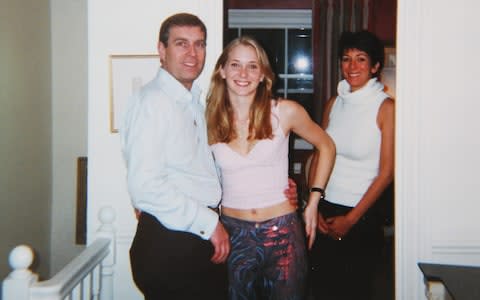
A week on from the Maitlis interview and undoubtedly the blame game is already well underway in the House of York, but as the new reality of his disgraced position dawns, the question now arises of who will take over the Duke’s substantial number of patronages. His three siblings – the Prince of Wales, the Princess Royal and the Earl of Wessex are already the three hardest-working members of the family: and the Prince of Wales is increasingly preoccupied, at the age of 71, with taking over more and more of the Queen’s duties as she approaches her 94th birthday.
The Duke of Kent, aged 84, in 2018 did almost as many public engagements as the Duke of Sussex; the Duke of Cambridge undertook fewer than the Duke of Gloucester. With the Prince of Wales having only two children, they are likely to have to increase their workload; but courtiers are worried that the Duke of Sussex may, since his marriage, be increasingly reluctant to live a conventional Royal life. One or two even think the Duchess will soon wish to go to live in California. If so, royalty may become a scarcer commodity, and even some of the best good causes may have to do without active royal involvement.
But what this latest chapter shows clearer than anything is the confirmation that no member of the Royal family – even one who is supposedly the Monarch’s favourite son – is bigger than the institution. Thanks to the peerless reputation the Queen herself has earned and enjoys, and the decisive action she has sanctioned, the crisis will pass. But by reminding us of Her Majesty’s crucial influence, it sends a warning about the possible difficulty in managing potential challenges when she is no longer around.

